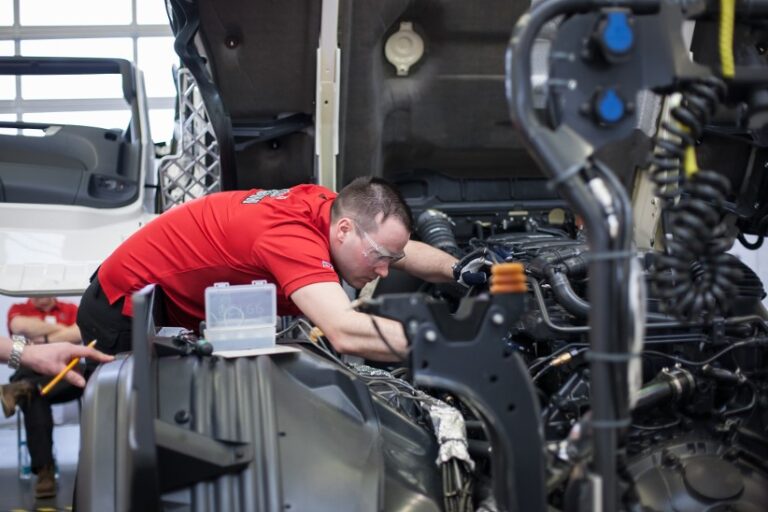This article was originally published in Fleet News.
Arval UK has adopted new service and maintenance procedures to keep essential fleets available during the COVID-19 crisis.
The UK vehicle leasing company is working to support a number of key businesses, including some of the UK’s largest pharmaceutical and medical supply companies.
Corrine Barton (pictured), UK head of networks at Arval, explained: “There has been a massive and quite sudden demand for more of these fleets to be operational around the clock in response to the crisis, and this has created substantial new service and maintenance requirements.
“The challenges have arisen on several fronts. The first and most obvious is that, as a business, we are now all home working, so any changes that we make to how we work present different challenges than when we were all in the same office.
“Secondly, we are having to find service and maintenance suppliers that remain available for essential work, and then schedule jobs so that downtime is kept to an absolute minimum. Getting this right can literally save lives.”
Arval says that existing processes had to be adapted, because, in the current circumstances, they no longer represented the best or fastest way to get things done.
“If there is a demand for services in a particular area for a particular kind of vehicle, we get on the phone and find out which workshops are still open and who can help,” continued Barton.
“In some ‘critical service’ cases, when we have explained how urgent a situation is for a customer, garages have gone above and beyond working with skeleton staff.”
Another important development, says Arval, is the extensive use of mobile service and maintenance suppliers.
“Mobile works really well in the current circumstances,” said Barton. “If you know a key worker is finally getting some time off and their vehicle will be on their drive, we can get a mobile unit to them and then the car or van is ready when they need to get back to work.”
Preventative maintenance is also playing a more important role than usual, with a focus being placed on maximising future uptime.
She explained: “Whether it is anticipating problems with known faults on a particular kind of vehicle or just a matter of ensuring that the right tyres are in stock in a certain area, then we are working very hard to head off problems before they arise.
“It’s been an extremely hectic few weeks and we don’t know when it will end but this is some of the most important work that most of us will do during our lives and almost everyone we have asked for assistance has been incredibly helpful. We’d like to thank everyone involved, both inside and outside of the company.”






